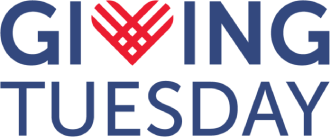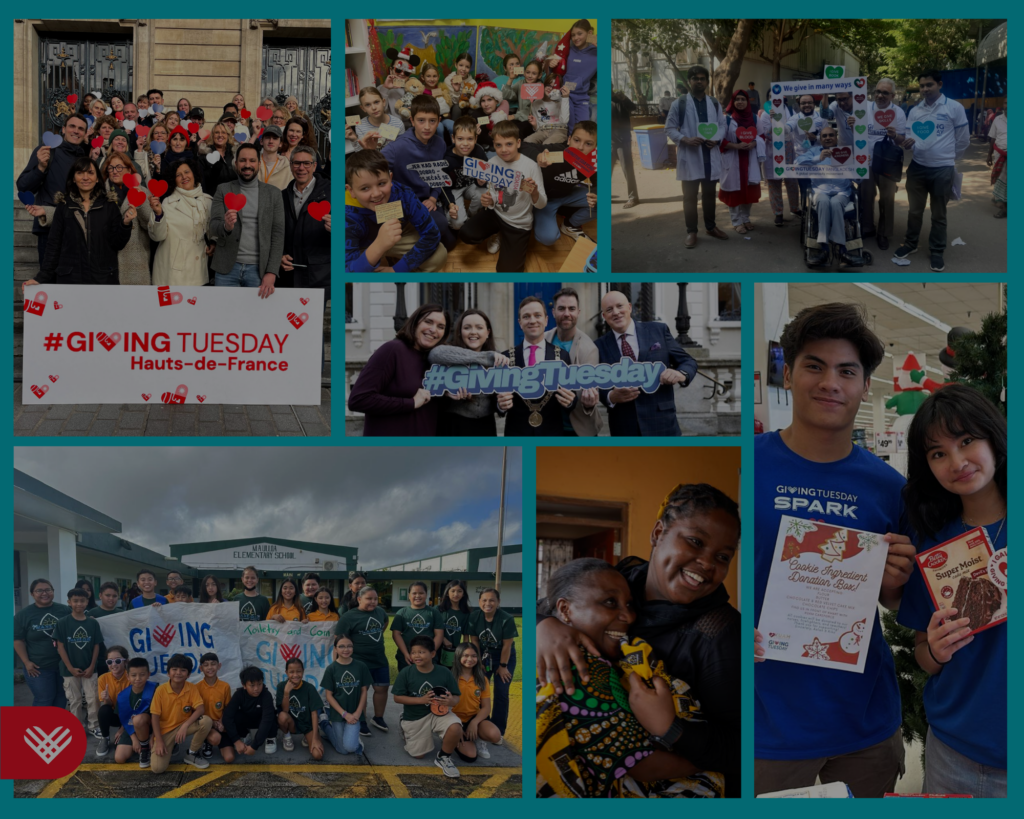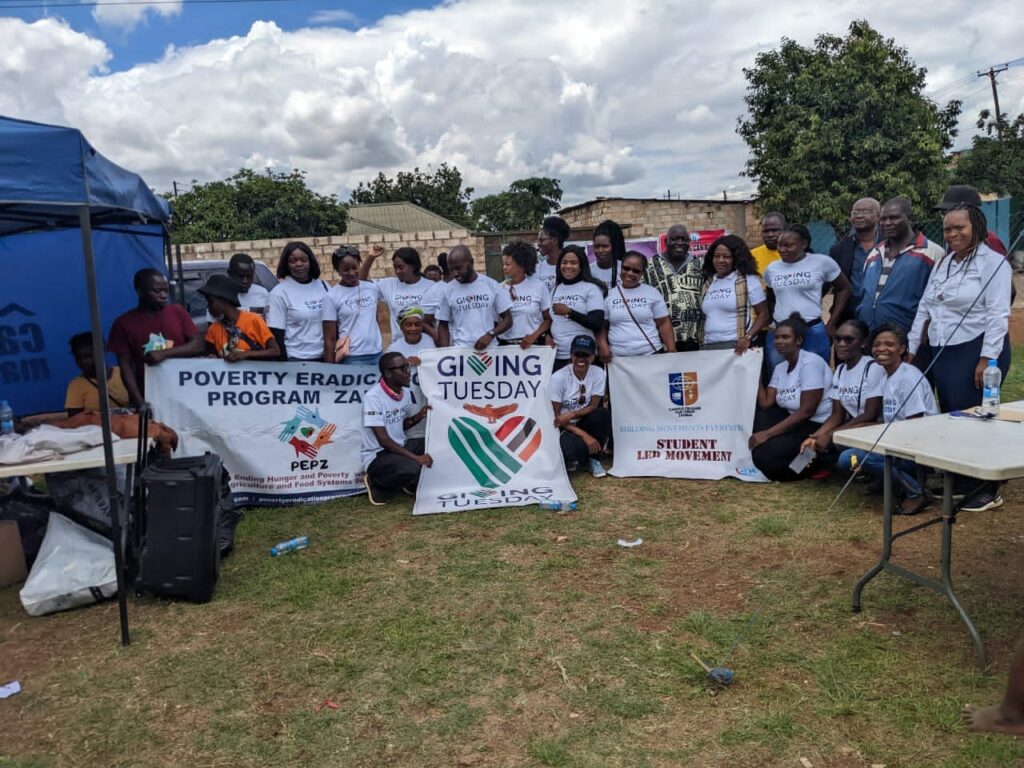By: Asha Curran, GivingTuesday Co-Founder and CEO
Originally published on our Medium blog.
GivingTuesday started with a big ambition and a big question: could a day be created that celebrated the virtues and rewards of giving back, rather than consuming? Could a new ritual be created that leveraged the power of digital hyperconnectivity and collaboration to make generosity go viral?
The answer was a resounding and inspiring yes. The idea quickly spread across borders, becoming a global movement within a few years. And it went hyper-local, with community leaders raising their hands in hundreds of cities and towns in the US and around the world to bring organizations, schools, families, local businesses together in a communal outpouring of giving. In each small town and country, it is adapted to look and feel unique to that place and community, while staying unified by the larger vision of a more generous world. There is no country or territory on earth that did not participate in GivingTuesday in ways large or small in 2019.
GivingTuesday is not, contrary to some perceptions, a fundraising day, though it does indeed inspire a remarkable amount of donations to nonprofits — an important manifestation of giving but only one of an infinite number of possibilities. It’s a day and a movement that celebrates generosity by its most expansive definition, reminding us of the actual meaning of “philanthropy:” “love of humanity.”
GivingTuesday in Ghana, 2019
Generosity on GivingTuesday is expressed as support for civil society, but it is also expressed in acts of kindness, empathy, connection, solidarity. In an age of movements, it is, like most of them, fueled by the idea that many people acting together can cause sweeping change. It is a celebration of the positive impact that each and every person can have, and a ritual that can be celebrated by anyone, of any age, of any religion, on any side of any border.
Unlike “charity,” generosity as a value is, like love, a leveler — it is fundamentally equitable in the sense that everyone has something to give, and no one’s generosity is more important than anyone else’s. Watching the tidal wave of generosity on GivingTuesday is like watching a murmuration of starlings — the almost magical, yet highly regimented, coordination and simultaneous action of many individual beings to create a sweeping, unified effect — joyful to behold.
But at the same time, it seems the world around us has become radically less generous. Whatever the opposite of generosity is — greed, selfishness, stinginess, discord, antagonism — we see it in the extreme income inequality here in the United States, and its many and fatal consequences; in the election of extremist governments in countries all over the world and policies that manifest in austerity, abuse, and intolerance; in the greed of those who have far more than they will ever need grasping for more and more as people around them go unfed and unsheltered; in the othering and mistreatment of people fleeing climate disasters or genocide. It is apparent in the quiet, insidious epidemic of loneliness. It thrives when we allow ourselves to demonize or dehumanize others for any reason. Where there is a vacuum of generosity, its opposite will fill that space.
The need for more generosity is urgent. The need for a movement to create real, systemic change is very real.
What all movements share is what the authors Max Haiven and Alex Khasnabish call “the radical imagination,” a shared space to imagine and create a world that we want to live in, not at some distant time in the future, but as soon as possible. It’s active, not passive, imagining: “not something that we have as individuals; something that we do, and that we do together”. The word radical derives from “root,” and movements imagine change at the most fundamental levels. The #MeToo movement doesn’t imagine simply a world where sexual predators are punished for their sins, but a world where women are not preyed upon to begin with. Occupy imagined a world where it is intolerable that some should have so much while others have so little, a world that would involve completely rebuilt systems, structures, and policies. Hate-fueled movements, too, share a space of radical imagination and rely on the same collective dynamics. There is much about any movement that is untidy, and sometimes frightening in its titanic force. Some think of movements, with their proud claiming and utilizing of grassroots power, as too much like revolutions. Revolutions, after all, cause “a radical and pervasive change in society and the social structure.”
The GivingTuesday team believes the world is very ready for a generosity revolution.
What we need is not incremental but radical generosity — to reimagine our world from the ground up as a place where we don’t just work harder to alleviate all these harms but one where we don’t tolerate them in the first place. One where our sense of solidarity means that we perceive harm to another the same way we would perceive harm to ourselves.
GivingTuesday in Guam, 2019
GivingTuesday is a space to collectively imagine that world, a prism through which we can see what might be possible. Imagination is always paired with action; with real work, and everyday perspiration, our global community is both imagining and building a world driven by generosity and all of the things that it leads to — increased pro-social and altruistic behaviors, strengthened communities and interpersonal bonds, greater civic participation and individual agency. And, finally, a more just world.
My hope for 2020 and beyond is that more and more of us take on the work of making generosity central to our lives. It’s not difficult work (it’s highly rewarding in many measurable ways, in fact). It doesn’t need to look dramatic, but its effects can be — the creation of a world where all are cared for. That should not be such a radical thing to imagine.





